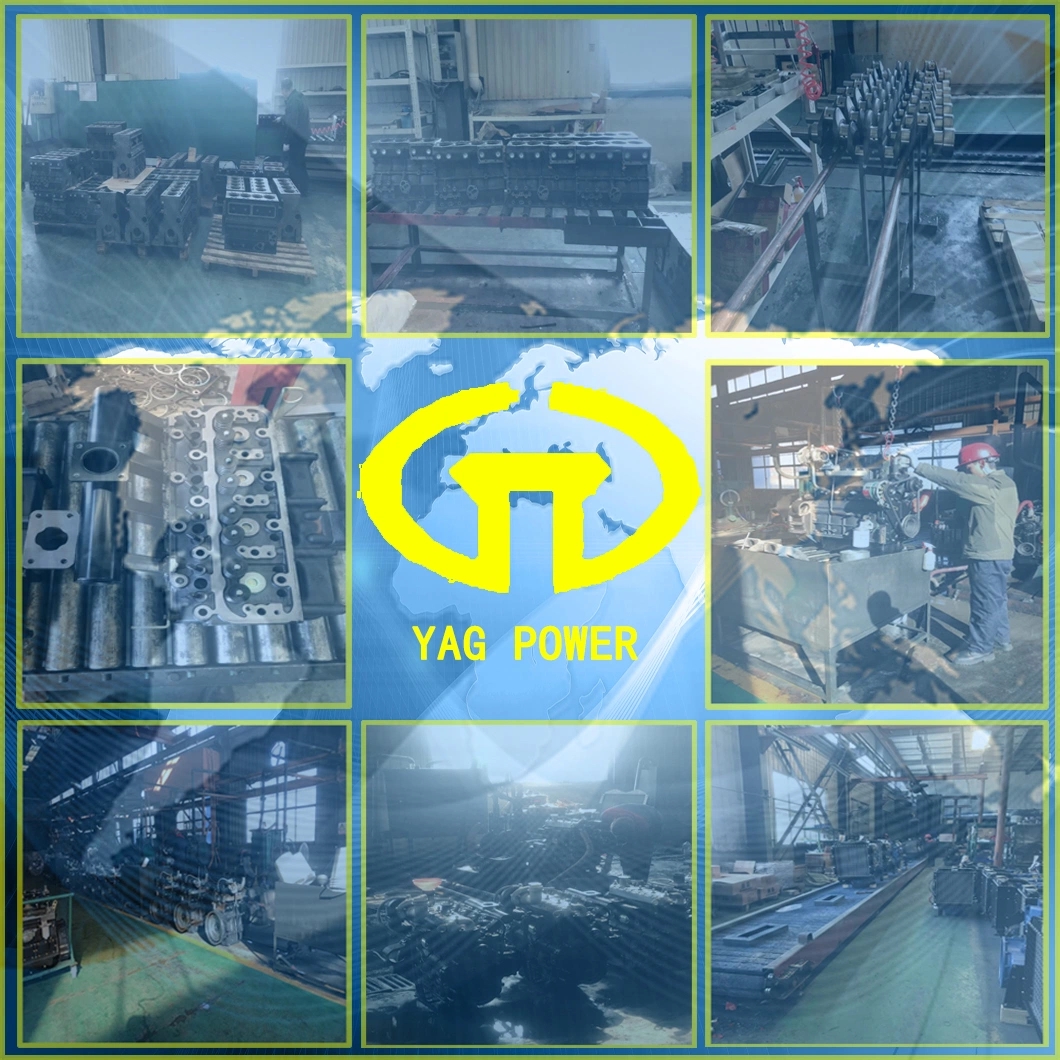Introduction
Salt spray testing is a crucial process in various industries, especially in the automotive, aerospace, and marine sectors, to assess the corrosion resistance of materials and coatings. To conduct salt spray testing effectively, a reliable and efficient power source is essential. Diesel generators have proven to be a popular choice for providing the necessary power for salt spray testing due to their robustness, reliability, and ability to provide consistent power output. In this article, we will explore the use of diesel generators for salt spray testing, their key features, benefits, and considerations for selecting the right generator for this application.
Overview of Salt Spray Testing
Salt spray testing, also known as salt fog testing or salt corrosion testing, is a standardized method used to evaluate the corrosion resistance of materials and coatings. The test involves subjecting the specimen to a continuous or intermittent spray of salt solution (typically sodium chloride) in a controlled environment. The corrosive environment created by the salt spray accelerates the corrosion process, allowing researchers and manufacturers to assess the performance and durability of materials under harsh conditions.
Salt spray testing is commonly used to determine the suitability of materials for applications where they will be exposed to corrosive environments, such as coastal regions, marine environments, or industrial settings. It is also used to evaluate the effectiveness of protective coatings and surface treatments in preventing corrosion.
Role of Diesel Generators in Salt Spray Testing
Diesel generators play a crucial role in salt spray testing by providing the necessary power to operate the salt spray chamber and other testing equipment. The continuous and reliable power supply from a diesel generator ensures that the salt spray test is conducted accurately and consistently. Diesel generators are preferred for salt spray testing due to their ability to deliver high power output, their durability, and their fuel efficiency.
Key Features of Diesel Generators for Salt Spray Testing
1. High Power Output: Diesel generators are known for their high power output, making them ideal for powering salt spray chambers and other testing equipment that require a significant amount of energy. The robust engine of a diesel generator can provide the necessary power to maintain the salt spray testing conditions over an extended period.
2. Durability: Diesel generators are built to withstand harsh operating conditions, making them well-suited for salt spray testing environments. The rugged construction of diesel generators ensures reliable performance even in challenging environments, where high humidity and corrosive elements are present.
3. Fuel Efficiency: Diesel generators are more fuel-efficient compared to their gasoline counterparts, making them a cost-effective option for long-duration salt spray testing. The efficient combustion process in diesel engines results in lower fuel consumption and longer run times, reducing the overall operating costs of salt spray testing facilities.
4. Reliable Performance: Diesel generators are known for their reliability and ability to provide consistent power output. This is crucial for salt spray testing, where any fluctuations in power supply can affect the accuracy and integrity of the test results. Diesel generators offer stable and uninterrupted power supply, ensuring that the testing process proceeds smoothly.
Benefits of Using Diesel Generators for Salt Spray Testing
1. Continuous Power Supply: Diesel generators provide a continuous power supply, ensuring uninterrupted operation of salt spray chambers and testing equipment. This is essential for maintaining the test conditions and achieving accurate and reliable results.

2. Robustness and Reliability: Diesel generators are known for their robust construction and reliable performance, making them well-suited for the demanding environment of salt spray testing facilities. They can withstand the rigors of continuous operation and harsh testing conditions without compromising performance.
3. Cost-Effective Operation: Diesel generators offer cost-effective operation for salt spray testing facilities due to their fuel efficiency and low maintenance requirements. The lower fuel consumption and longer service intervals of diesel generators result in reduced operating costs over the long term.
4. Versatile Applications: Diesel generators can be used in a wide range of salt spray testing applications, from small-scale laboratory testing to large industrial testing facilities. They are adaptable to different testing requirements and can be easily integrated into existing testing setups.
Considerations for Selecting a Diesel Generator for Salt Spray Testing
When selecting a diesel generator for salt spray testing, several factors should be taken into consideration to ensure optimal performance and reliability:
1. Power Output: Choose a diesel generator with adequate power output to meet the requirements of the salt spray chamber and other testing equipment. Consider the total power consumption of all devices that need to be powered simultaneously during testing.
2. Fuel Efficiency: Opt for a diesel generator with high fuel efficiency to minimize operating costs over the long term. Look for models with advanced fuel injection systems and efficient combustion technology.
3. Durability and Build Quality: Select a diesel generator with a rugged construction and durable components that can withstand the corrosive environment of salt spray testing facilities. Look for https://www.lkpowerplant.com/product/quick-delivery-emergency-standby-power-400kw-silent-type-diesel-generator-set-for-peru/ made from high-quality materials that can resist corrosion and humidity.
4. Maintenance Requirements: Consider the maintenance requirements of the diesel generator, including service intervals, spare parts availability, and technical support. Choose a generator that is easy to maintain and has a reliable service network.
5. Noise Levels: Salt spray testing facilities often require a quiet testing environment to ensure accurate results. Select a diesel generator with low noise levels to minimize disruptions during testing.
Conclusion
Diesel generators play a crucial role in salt spray testing by providing the necessary power for operating salt spray chambers and testing equipment. Their high power output, durability, reliability, and fuel efficiency make them an ideal choice for this application. By selecting the right diesel generator based on power output, fuel efficiency, build quality, maintenance requirements, and noise levels, salt spray testing facilities can ensure smooth and accurate testing processes while minimizing operating costs. Diesel generators continue to be a popular and reliable power source for salt spray testing, helping researchers and manufacturers assess the corrosion resistance of materials and coatings effectively.
